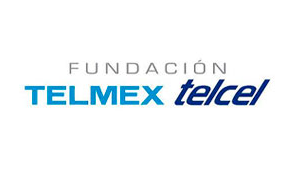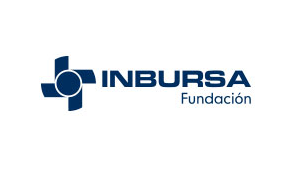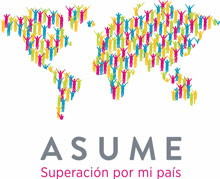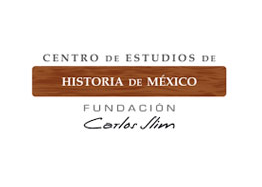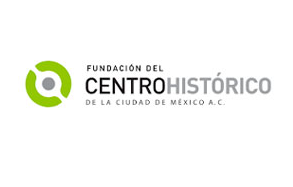Latin American Growth and Well-Being
The economic and social contribution that the Latin American population develops in the United States is undoubted. People of Latino origin who are in one of the 50 states of the US are fundamental to the growth and well-being of the society in which they develop.
However, establishing in a different country represents challenges, but also great opportunities.
For many immigrants, finding a job is complicated by lack of language proficiency, or their work activities are focused on a single area limiting their opportunities to access a better quality of life.
Given these challenges, Carlos Slim Foundation has developed the accesolatino.org, a platform that makes available to the Latino community access to free-of-charge tools to develop skills for productive and academic lifes.
Currently, the main lines of action are focused on:
- Training for employment in the following areas: agriculture, technical services, construction, customer service, information technologies, home, among others.
- Access to educational platforms: Khan Academy in Spanish, Académica, online resources for learning English.
- Preparation for high school equivalency tests in the United States of America (GED, Hi-SET, TASC).
- Preparation for citizenship test.
- Preparation to obtain a driver’s license and also a business license.
- Preparation to apply to the Deferred Action for Childhood Arrivals (DACA).
- Financial skills guides: saving, money sending, taxes and credit.
Strengthening the working capacities of immigrants in the United States opens new routes to improve their economic and family well-being. In addition, it will allow the integration of a new inclusive and plural social structure.
The Latino community in the United States amounts to 55.2 million, of which Mexicans are in first place with 33 million, followed by Puerto Ricans with 5 million.




